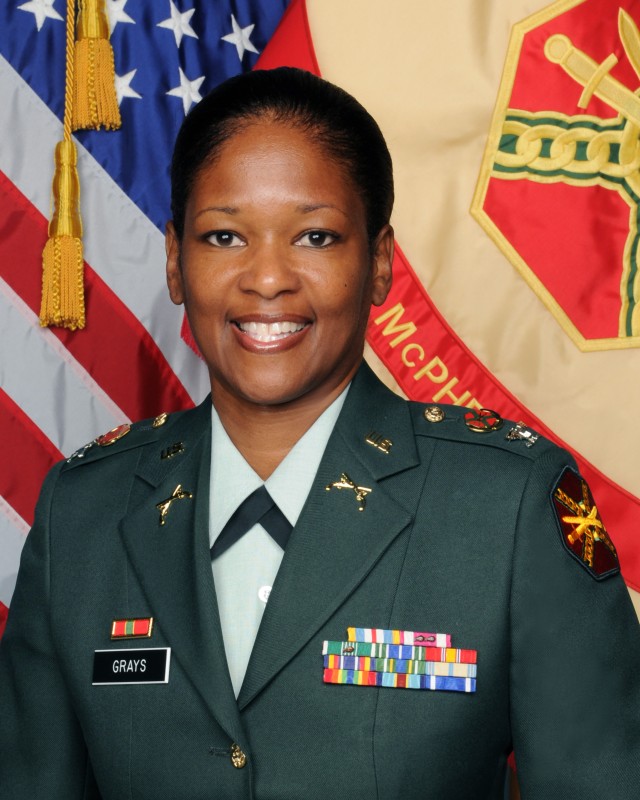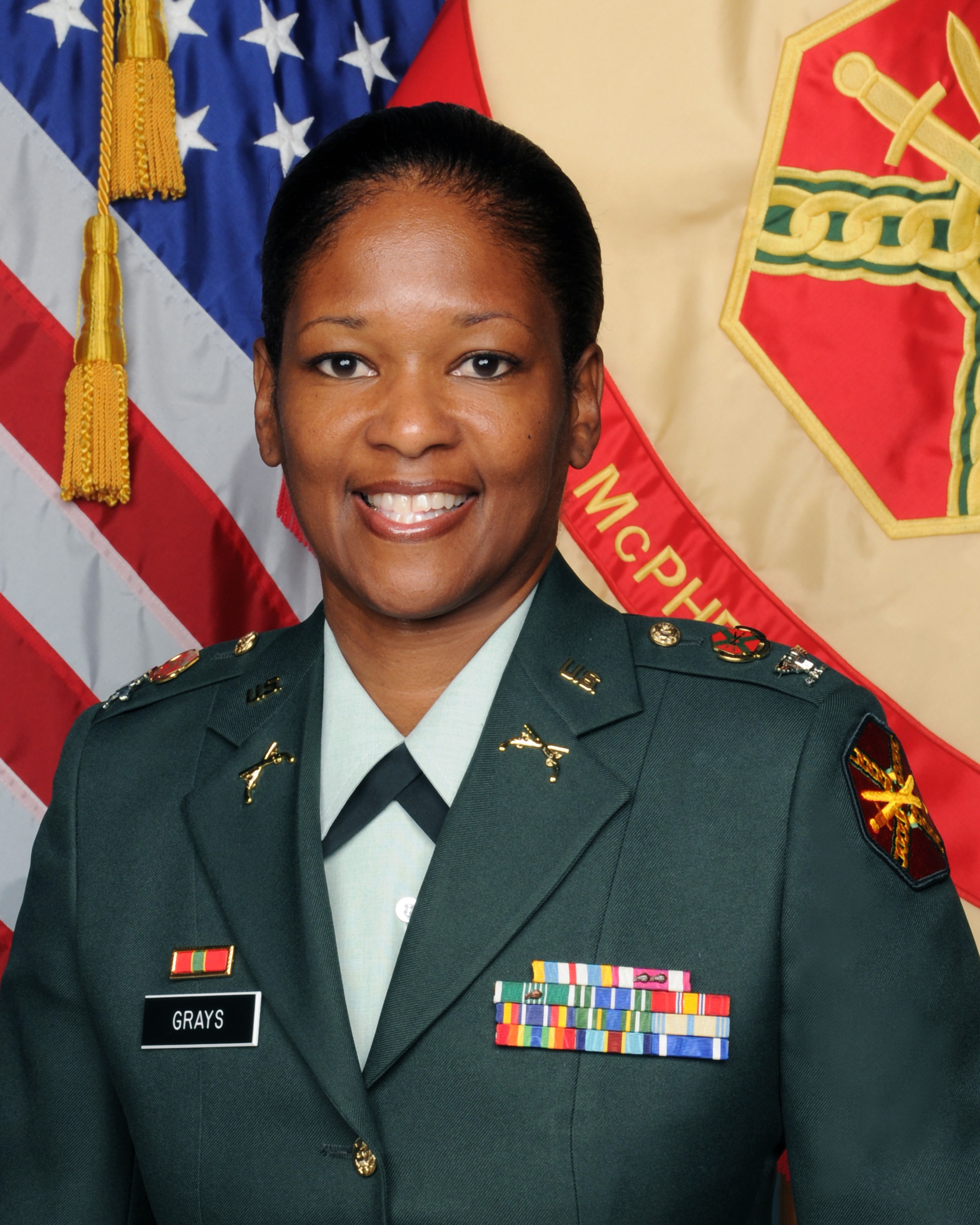Commander's Message
Garrison Commander
Fort McPherson and Fort Gillem
What language do you speak'
Your first response may be "English" or "Spanish," but are you sure your first language isn't federal government'
Acronyms, abbreviations and lingo are common for any profession, but it would be difficult to find an environment with more colloquialisms than government work.
Combine the federal and military cultures and the amount of "code" we speak on a basis multiplies.
The question is, if you speak Army or federal-ese, do your customers understand you'
We've all visited Family or friends and been called out by those individuals when we use terminology that is foreign to them.
Those abbreviations and government terms are so ingrained in our psyche that we often speak in our coded vocabulary and don't even realize we're doing it.
And it may take us a moment to decide how to rephrase the term in an understandable way because the terms are so common to us as they are.
It's important to be able to translate your "work speak" into common English, and to be aware that those around you may not be as familiar with the cultural vernacular as you are.
I'm reminded of a supervisor who was hired from another state to come here and work for the garrison. She frequently heard the abbreviation CDC used in the office.
Knowing the Centers for Disease Control and Prevention, commonly known as the CDC, is headquartered in Atlanta, she wondered about the health center's involvement on the post.
It wasn't until later, when one of her employees saw her confusion and explained the abbreviation CDC at Fort McPherson most often refers to the Child Development Center, did she understand the previous comments.
The daycare center abbreviation was so common to her staff that none of them realized the supervisor could be thinking of anything else.
Clear communication is incredibly important. It helps us interact with our customers and makes training individuals new to our organization or profession much more effective.
And when our significant other asks how our day was, we can tell him or her without lengthy explanations.
The ability to communicate plainly is also essential as so many employees seek employment elsewhere.
Job applicants have to be able to explain what they do to prospective employers; not being able to do so may cause the hiring authority to wonder how well you could adapt to the new organization.
All communication, in whatever form, has aims. You speak to be heard and to cause a reaction in the listener.
When you speak clearly, listeners can more easily pay attention to what you're saying.
They don't have an internal dialog running through their minds, asking what you're saying because they're unfamiliar with the term, all the while losing concentration as you continue on with your comments. Any time we speak, we want to be as effective as possible.
Thinking about the listeners and their level of understanding of government lingo ensures you tailor your comments to their level of awareness.
When in doubt, forego the lingo and speak in terms common to everyone, using simple terms rather than more complex words.
When you realize by the lost look on the face of the individual you're talking to that you're speaking government-ese at a level not shared, take the time to stop and rephrase what you're saying.
Ask if he or she understands the information you're trying to convey.
Especially if you're communicating as part of a training event or project tasking, ensuring both parties understand what's being said can be critical to mission success.
Of course, we wouldn't be the federal government without our unique vocabulary, and I'm not advocating doing away with our lingo, acronyms and abbreviations entirely.
But I do want to promote effective communication.
Be thoughtful of how you talk with or write to individuals outside of your office and profession.
After all, I've yet to see an English-Government translation guide.


Social Sharing